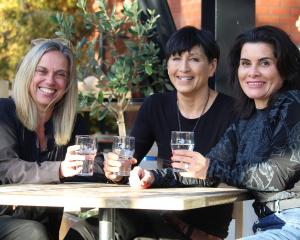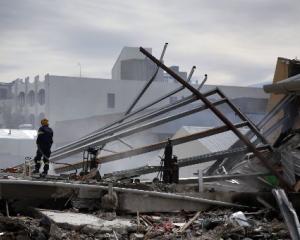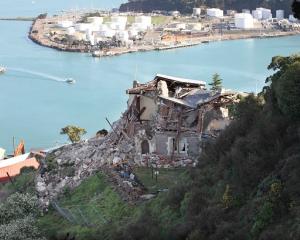More than 10,000 parents have sought help for their traumatised children following Christchurch's earthquakes.
Relationship Services Whakawhanaungatanga (RSW) clinical leader Pablo Godoy said each child reacted differently to the quakes.
Reactions included bed-wetting, soiling themselves, tantrums, disruption in sleep and eating patterns, fearing places they had never been scared of before, returning to younger behaviour and nightmares.
"It's a really common reaction to stress. It doesn't mean your child is different and beyond the norm. The reason they're doing it is because they're normal. It's not the greatest way of looking at it but it's the reality of it. Children do act out. It's their way of saying something isn't right," he said.
Nightmares were often a result of children trying to comprehend what had happened, Mr Godoy said.
"[They are] trying to put the jigsaw pieces together, revisiting the experience or something generic to do with the experience.
"One of the key signs to look out for is any disruption in who they are, their personality before compared to after the earthquakes".
Mr Godoy said RSW offered parents, who he believed were the "best therapists for their children", extra support, guidance and reassurance that they were doing a "good job".
Christchurch child psychologist Justine Wilson said she had also seen "lots" of children, along with their parents, for counselling after the quakes.
"I was still working with people from the September one when the February one hit."
She said the younger the children the more she worked with parents.
"Older children are able to put a little bit more in perspective." One of the main issues she had noticed was anxiety being away from parents and a reluctance to go to bed.
Sometimes it also had to be determined that the child was not taking advantage of the situation, Mrs Wilson said.
"Often you've got to work out if they're legitimate. Are they really, really scared or do they quite like being in mum and dad's bed?"
Parents could often assist children's nerves by remaining calm during aftershocks, she said. "You're sometimes helping your children keeping your feelings to yourself."
- The Star/APNZ






